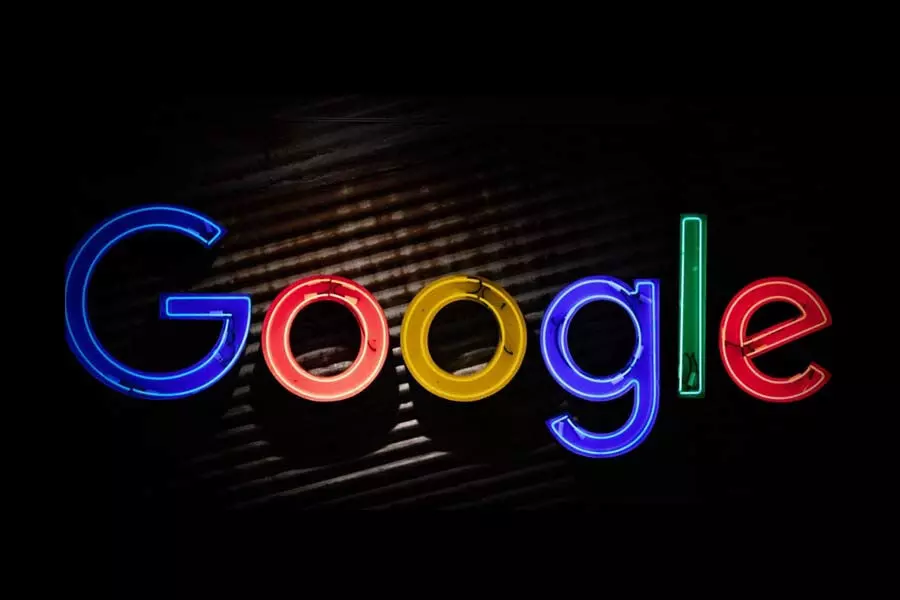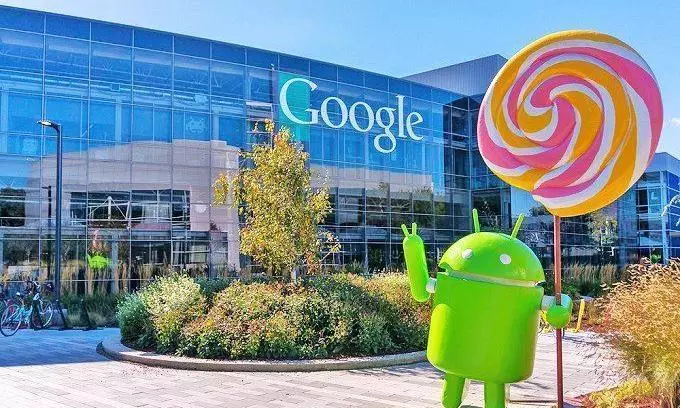
Does Google's advertising tech constitute a monopoly? US court judge to decide
text_fieldsAlexandria: Google, already under threat of legally dictated obligation for a possible breakup of the company over its ubiquitous search engine, is facing another legal battle with US Department of Justice which charges it with monopolistic conduct.
This time around, the challenge is regarding the technology used by the tech giant to put online advertising in front of consumers.
The Justice Department and Google are scheduled to make closing arguments Monday in a trial alleging that Google's advertising technology amounts to an illegal monopoly.
US District Judge Leonie Brinkema in Alexandria, Virginia, will decide the case and is expected to issue a written ruling by the end of the year.
If the judge finds Google has engaged in illegal, monopolistic conduct, she will then hold further hearings to explore what remedies should be imposed.
The Justice Department, along with a coalition of states, has already said it believes Google should be forced to sell off its ad tech business, which generates tens of billions of dollars annually for the Mountain View, California-based company.
After roughly a month of trial testimony earlier this year, the arguments in the case remain the same.
The Justice Department contends Google built and maintained a monopoly in “open-web display advertising,” essentially the rectangular ads that appear on the top and right-hand side of the page when one browses websites.
Google dominates all facets of the market: A technology called “DoubleClick” is used pervasively by news sites and other online publishers, while “Google Ads” maintains a cache of advertisers large and small looking to place their ads on the right webpage in front of the right consumer.
In between is another Google product, AdExchange, that conducts nearly instantaneous auctions matching advertisers to publishers.
In court papers, Justice Department lawyers say Google “is more concerned with acquiring and preserving its trifecta of monopolies than serving its own publisher and advertiser customers or winning on the merits.”
As a result, content providers and news organisations have never been able to generate the online revenue they should due to Google's excessive fees for brokering transactions between advertisers and publishers, the government says.
Google's argument in response is that the government's case improperly focuses on a narrow niche of online advertising. If one looks more broadly at online advertising to include social media, streaming TV services, and app-based advertising, Google says it controls only 25 per cent of the market, a share that is dwindling as it faces increased and evolving competition.
Google alleges in court papers that the government's lawsuit “boil(s) down to the persistent complaints of a handful of Google's rivals and several mammoth publishers.” Google also says it has invested billions in technology that facilitates the efficient match of advertisers to interested consumers and it should not be forced to share its technology and success with competitors.
“Requiring a company to do further engineering work to make its technology and customers accessible by all of its competitors on their preferred terms has never been compelled by US antitrust law,” the company wrote.
The Virginia case is separate from an ongoing lawsuit brought against Google in the District of Columbia over its namesake search engine. In that case, the judge determined the search engine constitutes an illegal monopoly but has not decided what remedy to impose.
The Justice Department said last week it will seek to force Google to sell its Chrome Web browser, among a host of other penalties. Google has said the department's request is overkill and unhinged from legitimate regulation.
(Input from PTI)























